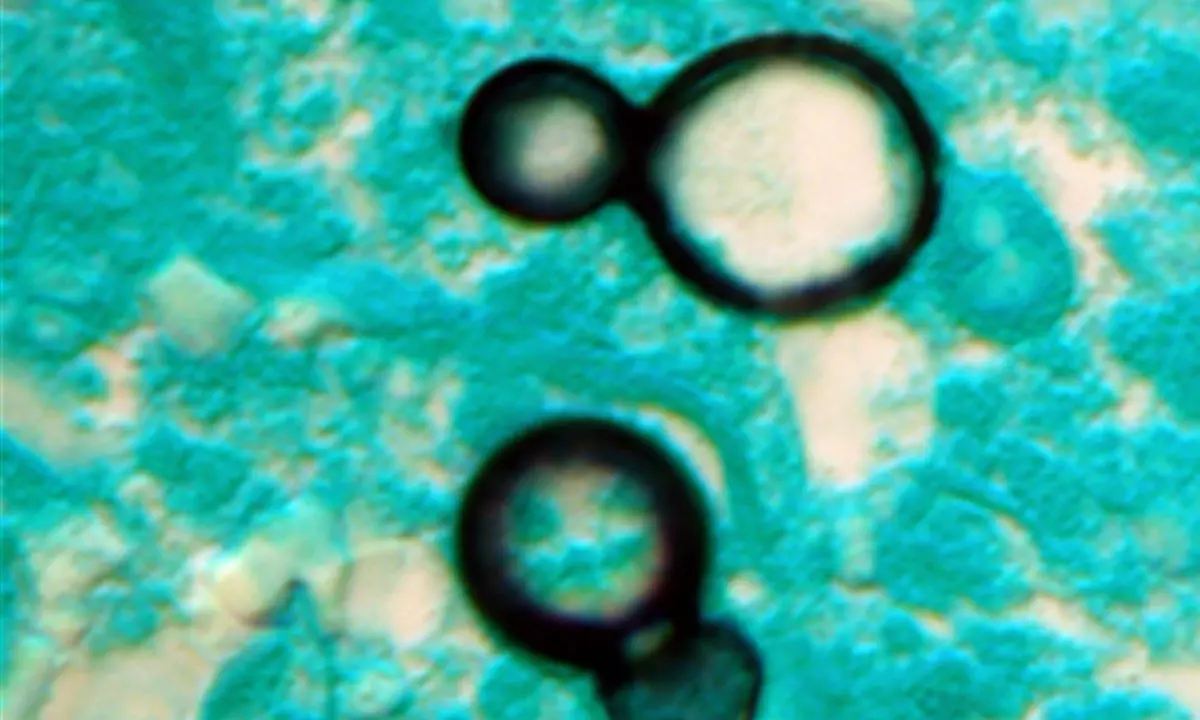Live
- Gold rates in Vijayawada today surges, check the rates on 22 November, 2024
- Gold rates in Visakhapatnam today surges, check the rates on 22 November, 2024
- Satya Kumar flays YSRCP govt for ruining new med colleges
- AP High Court to hear RGVs anticipatory bail plea in social media remarks case
- ICC Champions Trophy: PCB appoints Chief Operating Officer; reiterates stand to host Champions Trophy entirely in Pakistan
- Probe initiated after food poisoning incident
- BGT 2024-25: Nitish Kumar Reddy, Harshit Rana make India Test debuts in first Border-Gavaskar Trophy in Perth
- 100 students fall sick after consuming contaminated food
- TCS will commence ops in Visakha in 3 months: Lokesh
- Pawan, 2 other ministers rule out VSP privatisation








